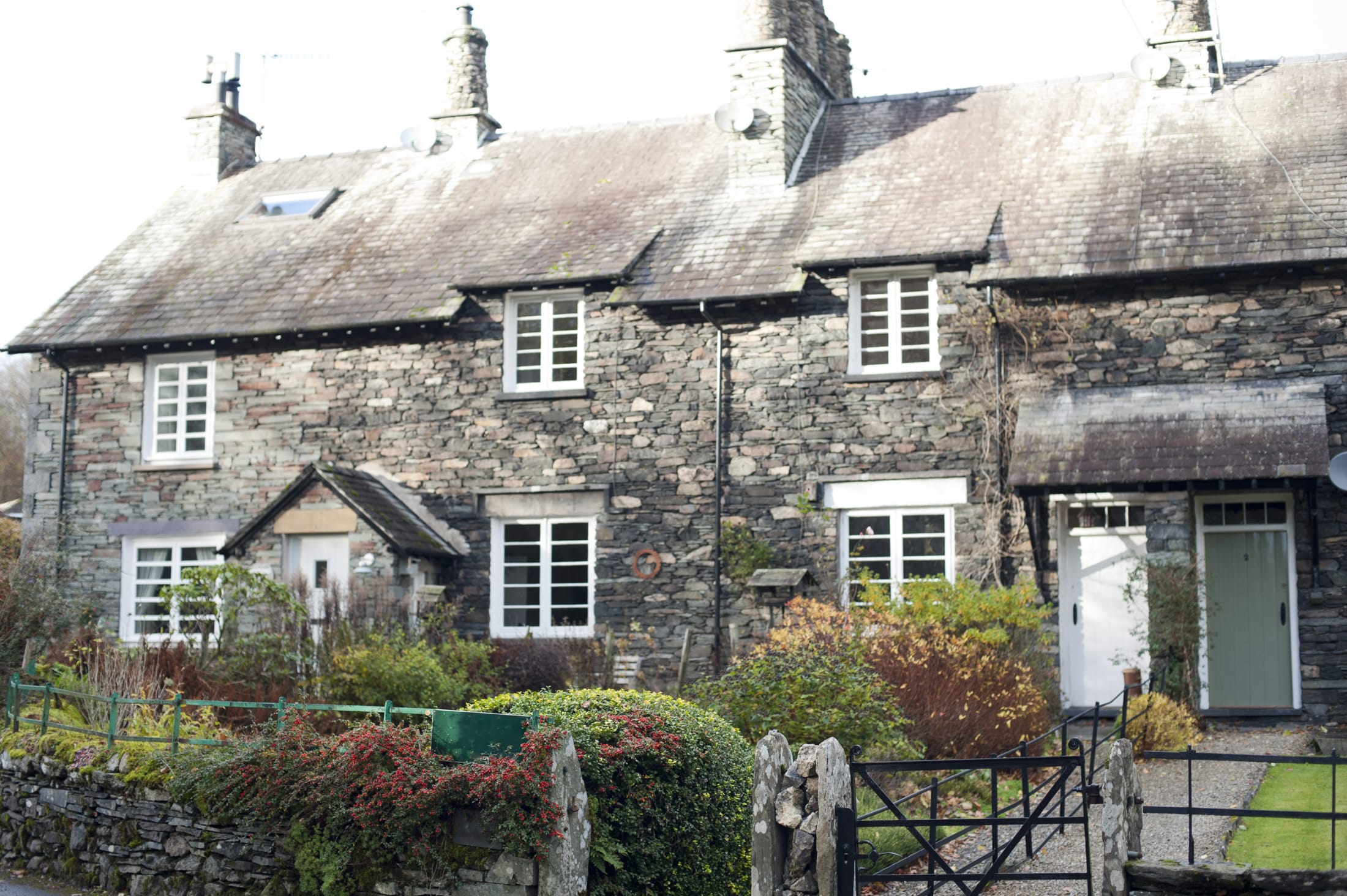19 June 2022
Buying That Holiday Home

Holiday home ownership has boomed recently. In recent years, the number of second homes accounted for more nearly 25,000 purchases annually.
If you are planning to buy a holiday home, it is important to consider the issues carefully and not get swept away by enthusiasm (or high-pressure sales tactics). Buying any property is a major investment, and holiday home ownership can involve additional considerations with long-term consequences. There is plenty to think about.
Second Homes And Tax
Tax may not be uppermost in your mind when choosing your holiday bolthole. However, the special tax treatment of a second home can result in extra costs. If you already own a property, or a share of one, stamp duty will be payable at a higher rate: an extra 3%, equating to thousands of pounds more. (The rules are different for certain homes, like static caravans or lodges.)
When you sell, unless the property has become your main residence, you must also pay capital gains tax on any increase in value. The property will also usually form part of your estate for inheritance tax and is unlikely to attract any reliefs. This may not seem a priority now, but always consider your longer-term plans before buying. If your purchase is linked to retirement, this could be a good opportunity to discuss estate planning.
Mortgages And Second Homes
If you are buying with a mortgage, you will need to satisfy your lender that you can afford the repayments. They will consider your outgoings, including any current mortgage payments, as well as your payment history. With most residential mortgages, you will also need your lender’s consent to rent your home out. Many buy-to-let mortgages restrict Airbnb-style lettings. You may need a specialist advisor.
Renting Out Your Holiday Home
You may want to rent out your holiday home, to offset costs or as a commercial venture. Short-term holiday lets should not give your guests the security of tenure of a residential tenant. However, contracts with them should be correctly documented. Different regulations apply from personal home ownership, e.g. on gas and fire safety.
Legal Title To Your Holiday Home
The same legal issues apply as with any house purchase. However, you may have more flexibility on completion dates as you will not have a property to sell. Your solicitor will conduct the usual conveyancing searches and check the seller’s title. This is vital as any title problems could affect the property’s value, making it harder to sell in the future.
In addition, there will be some holiday areas meriting special consideration. For example, some properties have planning conditions limiting occupancy to agricultural workers or those with an established local connection. Local planning policies may also make it harder to change the use of a building or how it looks. If your home is in an Area of Outstanding Natural Beauty or a National Park, for example, you may need planning permission for work when you would not elsewhere. Your solicitor can explain the impact of any policies in your chosen location.
Buying an apartment can be an appealing option, minimising the amount of time spent on upkeep. However, title is likely to be leasehold and could contain restrictions on its use. These could affect your plans, for example, by making it harder for you to reconfigure or rent your property out. You will also need to consider the impact of ground rent and service charge provisions, which could add to the ongoing cost of ownership.
If you are buying on a holiday park, the site owner may claim you do not need a solicitor as the sale does not involve the transfer of land. Unlike buying a conventional home, you would own the park home but not the land on which it is situated. Instead, you enter into a licence agreement for the pitch. However, this arrangement can easily create additional issues. You will, for example, want to ensure you can enjoy your holiday home in the years to come without facing large fee hikes, so it is advisable to take legal advice.
Notes
For more information about buying and selling property, click here.
